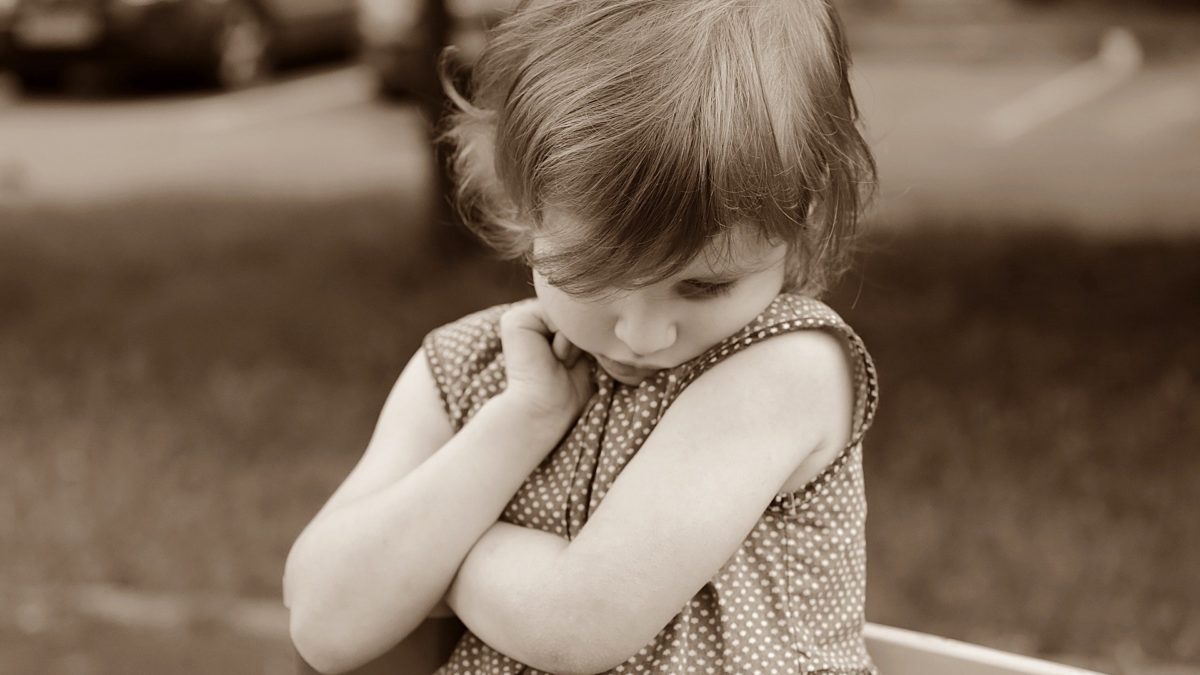It’s quite common for some toddlers to be shy or upset when other small children are around. There are lots of reasons why this can happen.
Some children are wired to be super-aware of noise, movement and visual stimuli, and when they are in busy and unpredictable environments, their senses can be overwhelmed. This is quite distressing for them. They can feel safer when there are just adults around, because adults are usually less stimulating than noisy and unpredictable toddlers. They need quieter places to play, with less toys and movement around them, and parents nearby for added security.
Some children are just wired to be introverts and may be naturally shy of other children. When they are older, you can support them to find the best way to deal with social situations. As they have learned to feel safe with you, they may feel less shy of adults.
My confident and extrovert toddler son was also scared of other children in his daycare centre, and when he was a little older, he told us that another child had bitten him one day, probably soon after he started going there. So it may be that they have had a frightening experience with other children, and it is difficult to know whether or not this has happened. They may be too young to understand now, but you can reassure them that other children are safe and kind, and that they can come back to you whenever they need to.
My older son was extremely shy for many years. We chose not to push him into social situations and to wait until he felt ready and comfortable to get involved with other children. Eventually he did so, in his own time, and he has since thanked us for not forcing him to do what didn’t feel comfortable for him.
Every child is different. Watch and learn what works best for your little one.
It may help to build them confidence if you invite one child to come and play in your home occasionally. Explain the situation and ask the child’s parent to bring some of the child’s own toys along. Then your child could watch the other child play from the safety of your own lap, and they can climb down and play with their own toys, alongside their friend, when they are ready.
If you have any worries about their social behaviour, let your doctor know. It can be helpful to make a short video of their interactions with other children to illustrate your concerns.
Any advice given is general in nature and is not intended as a substitute for medical advice and must not be relied upon as such. For any healthcare advice, always consult a healthcare practitioner.
How helpful was this article?
Click on a star to rate it!
0 / 5. 0
Be the first to rate this post!


